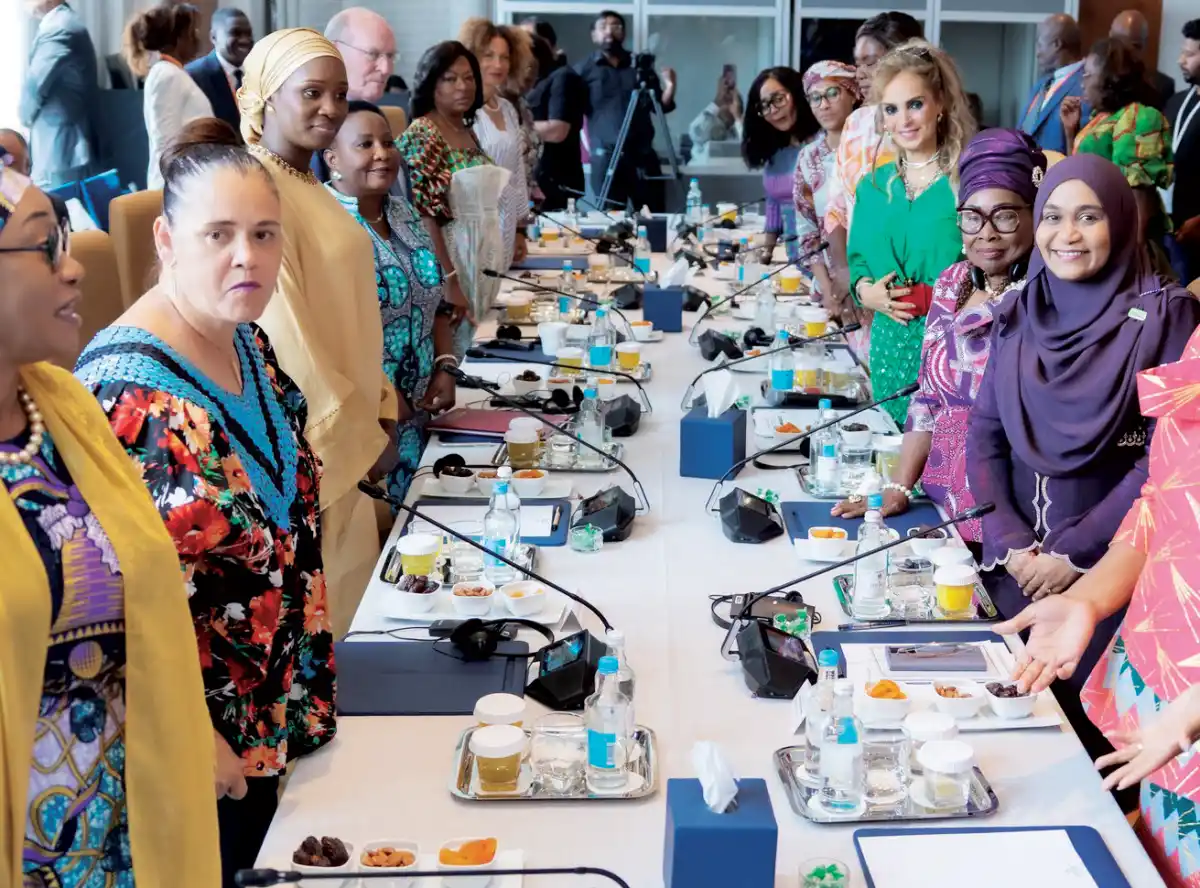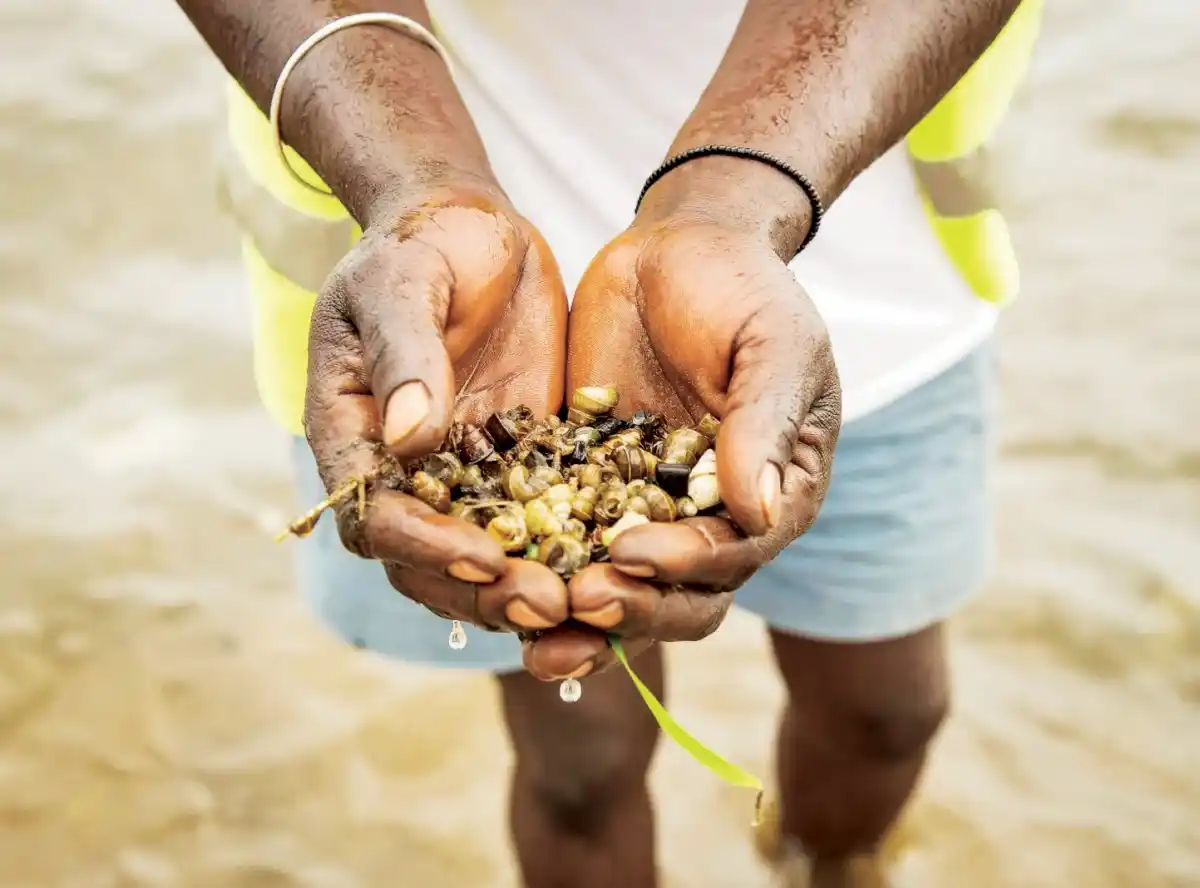
A fertility expert has challenged journalists in Africa to shift the narratives surrounding infertility by adopting an approach that dismantles harmful myths around the subject.
In many African societies, infertility is shrouded in silence and stigma, according to reports.
Women who are unable to conceive are often blamed, shunned or subjected to emotional and physical abuse despite scientific evidence showing that infertility affects men and women equally.
Dr Edem Hiadzi, an obstetrician, gynaecologist and fertility specialist and former president of the Fertility Society of Ghana, believes such harmful narratives can be debunked if the media takes an interest in the realities of infertility.
Speaking at a health media training session during the 7th Edition of the Merck Foundation First Ladies Initiative Summit, held on June 19– 20 in Dubai, United Arab Emirates, Hiadzi urged African journalists to play an active role in changing public perceptions around “taboo subjects”.
He said the training was not about the science itself but about grasping the essential details necessary for the public to understand complex scientific issues related to infertility.
“You need to break the silence and influence a cultural shift. You need to break the silence and be the voice of the voiceless on issues like infertility, gender-based violence, child marriage and female genital mutilation,” Hiadzi said.
He added that while it affects around six percent of couples in the United Kingdom and 10 percent in the United States, the infertility burden is higher in sub-Saharan Africa, where between 20 and 30 percent of couples struggle to conceive.
Hiadzi further indicated that despite its prevalence, infertility is rarely discussed publicly and that the silence is not only cultural but also “deeply damaging”.
“Forty percent of infertility cases are due to male factors, another 40 percent are due to female factors, 15 percent involve both and five percent remain unexplained. Yet in most communities the woman is the one who is blamed,” he said.
The doctor added that the shame associated with infertility is often worse than the condition itself.
“And that is why the media is so important. You must report with empathy, not judgement. We need stories that educate, not stories that shame,” he said.
He also highlighted new medical advancements that he said are creating more opportunities for couples struggling with infertility.
They include treatments such as intrauterine insemination, in vitro fertilisation, testicular sperm aspiration and gamete donation that are reportedly becoming increasingly available in Africa’s urban centres.

“The science is there. But if people don’t understand the options or if they feel ashamed to seek help, we are making no real impact,” Hiadzi said.
First Lady Monica Chakwera was represented at the summit by officials from her office led by her Chief Advisor Michael Mkandawire.
Speaking earlier, Mkandawire said the summit placed special emphasis on causes that the Shaping Our Future Foundation (Soff) is advancing in Malawi, ranging from healthcare access to gender equity.
Founded by Chakwera, with Mkandawire as Executive Director, Soff champions issues such as girls’ education, empowerment of rural communities and breaking the stigma around infertility and reproductive health.
“Through the partnership with Merck Foundation, Malawi has already benefitted immensely. To date, 58 scholarships have been awarded to Malawian doctors and nurses, enabling them to specialise in critical and underserved medical fields such as oncology, fertility and endocrinology…” Mkandawire said.
He added that with Merck Foundation’s training, storytelling and advocacy programmes including media awards and journalist training in Malawi, the message is amplified and reaches those who matter.
First Ladies from 14 African and Asian countries participated in the summit as guests of honour and keynote speakers.
The first day of the summit featured a high-level panel discussion with the First Ladies, followed by a ministerial panel with African ministers and leading health experts.
The second day included three parallel sessions covering oncology, fertility and the Merck Foundation Health Media Training, “highlighting the vital role of the media in addressing social and health issues”.





0 Comments